

Bolívar, Faro de América(1950)
Documentary about the life of Simón Bolívar, directed by Antonio Bacé.
Movie: Bolívar, Faro de América
Top 9 Billed Cast
Simón Bolívar

Bolívar, Faro de América
HomePage
Overview
Documentary about the life of Simón Bolívar, directed by Antonio Bacé.
Release Date
1950-08-30
Average
0
Rating:
0.0 startsTagline
Genres
Languages:
EspañolKeywords
Similar Movies
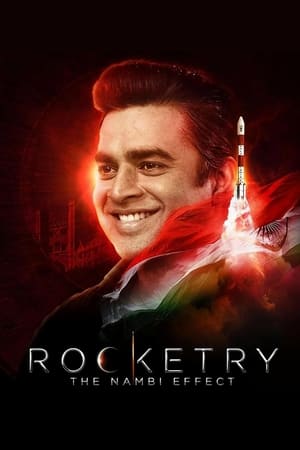 7.6
7.6Rocketry: The Nambi Effect(ta)
The story of the great Indian rocket scientist, Shri Nambi Narayanan's life, a true patriot, who was turned into a villain in the blink of an eye after being falsely accused of treason.
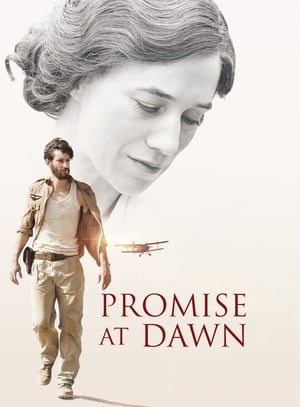 7.3
7.3Promise at Dawn(fr)
From his childhood in Poland to his adolescence in Nice to his years as a student in Paris and his tough training as a pilot during World War II, this tragi-comedy tells the romantic story of Romain Gary, one of the most famous French novelists and sole writer to have won the Goncourt Prize for French literature two times.
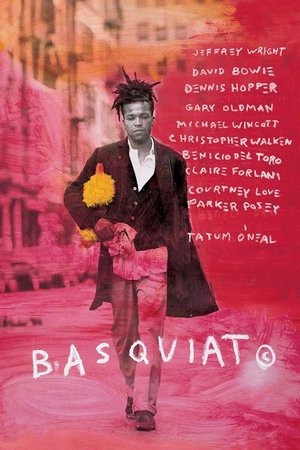 6.6
6.6Basquiat(en)
The brief life of Jean Michel Basquiat, a world renowned New York street artist struggling with fame, drugs and his identity.
 7.7
7.7When We Were Kings(en)
It's 1974. Muhammad Ali is 32 and thought by many to be past his prime. George Foreman is ten years younger and the heavyweight champion of the world. Promoter Don King wants to make a name for himself and offers both fighters five million dollars apiece to fight one another, and when they accept, King has only to come up with the money. He finds a willing backer in Mobutu Sese Suko, the dictator of Zaire, and the "Rumble in the Jungle" is set, including a musical festival featuring some of America's top black performers, like James Brown and B.B. King.
 0.0
0.0The Picture Taker(en)
From his Memphis studio, Ernest Withers’ nearly 2 million images were a treasured record of Black history but his legacy was complicated by decades of secret FBI service revealed only after his death. Was he a friend of the civil rights community, or enemy—or both?
 6.5
6.5Bach - A Christmas Miracle(de)
Leipzig, December 1734: Christmas brings the Bach family together. The first snow has fallen and the children Gottfried and Elisabeth are delighted about the arrival of their older brothers Friedemann and Emanuel. The Thomaskantor has retired to his music room. Anna Magdalena supports her husband, as there are only a few days left and his latest work, the six-part "Christmas Oratorio", must be finished on time. It is awaited with suspicion by the city council and the gentlemen of the consistory, who have long found Bach's waywardness a thorn in their side and fear that, after the premiere of the St. Matthew Passion a few years earlier, the St. Thomas Church will once again be filled with "operatic" music. With the oratorio, Johann Sebastian Bach hopes that he will finally become court composer in Dresden. And, as always, he demands that all members of the family join forces to help him. But differences of opinion are increasingly delaying the completion of Bach's most famous work.
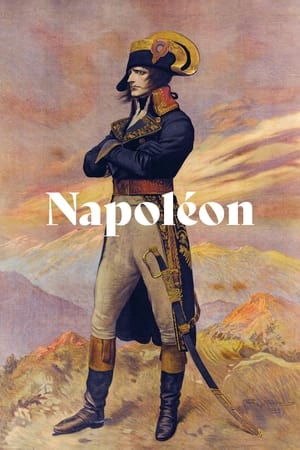 7.8
7.8Napoleon(fr)
A biopic of Napoleon Bonaparte, tracing the Corsican's career from his schooldays (where a snowball fight is staged like a military campaign) to his flight from Corsica, through the French Revolution (where a real storm is intercut with a political storm) and the Terror, culminating in his triumphant invasion of Italy in 1797.
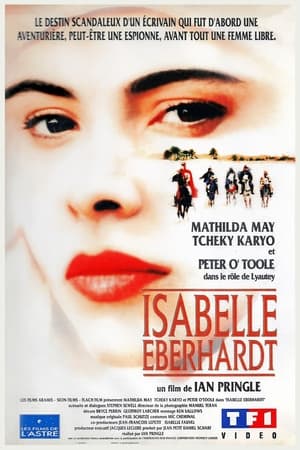 5.7
5.7Isabelle Eberhardt(fr)
The true story of explorer, journalist and writer Isabelle Eberhardt, originally from Switzerland. She moved to Annaba in Algeria in 1897 with her mother, who preferred to live in the Algerian neighborhoods rather than the European neighborhoods that she hated, and converted to Islam. Her lifestyle shocked the French colonialists: she dressed like a man, frequented cafes and smoke shops. Fascinated by the desert, she traveled the Sahara under the identity of Si Mahmoud, she published articles and books on the world she discovered in southern Algeria, strongly criticizing the colonial authorities. Arriving in El Oued, the soldiers prevent him from continuing his journey. She disobeys and overhears officers shooting Arab prisoners. Arrested, she was accused of espionage and was expelled from Algeria. She married Slimane, a Muslim non-commissioned officer in 1901. Having become French through this marriage, she could now reside in Algeria.
 7.0
7.0Tolkien: The True Story of the Rings(de)
An analysis of the sources of inspiration that fed the imagination of the British writer, poet and philologist J. R. R. Tolkien (1892-1973), great master of epic fantasy.
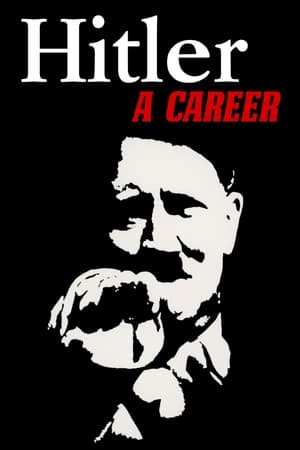 7.4
7.4Hitler: A Career(de)
A keen chronicle of the unlikely rise to power of Adolf Hitler (1889-1945) and a dissection of the Third Reich (1933-1945), but also an analysis of mass psychology and how the desperate crowd can be deceived and shepherded to the slaughterhouse.
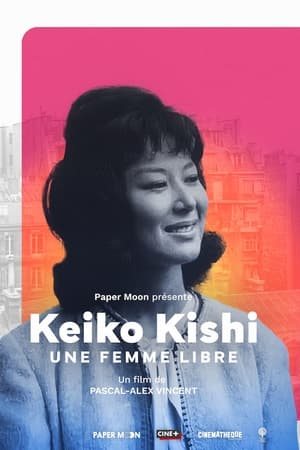 6.0
6.0Keiko Kishi, Eternally Rebellious(fr)
Born in 1932, Keiko Kishi has been one of the first Japanese actresses known worldwide. Her decision to move to France and to marry director Yves Ciampi in 1957 – after he filmed her in Typhoon Over Nagasaki starring Jean Marais and Danielle Darrieux – caused a huge scandal in Japan. Despite this transgression, Keiko Kishi continued acting in her home country with Kon Ichikawa, Yasujiro Ozu, Masaki Kobayashi… building unique bridges between Japanese and European cultures. Free and rebellious, she emancipated herself from the many obstacles she encountered in the film industry, and created her own production company in her early twenties. Let’s look back at the story of a pioneer, an inspiration for many generations.
 5.1
5.1Mélancolie ouvrière(fr)
Long live the strike! Lucie Baud, one of the pioneers of the women's movement, went with creativity, fighting spirit and the power of singing against the weapons of male-dominated capitalist society in nineteenth-century France. The film, based on true events, describes the ambitious fight of a silk moth. She stood up for the rights of the female working class to end maltreatment and oppression once and for all. For the revolution in women's rights, she even put her family back and fought to the end for their beliefs.
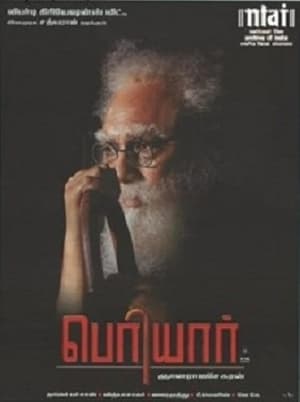 0.0
0.0Periyar(ta)
Periyar joins the Indian struggle for independence after being disgusted by the injustices of the Hindu caste system. Later, he begins fighting for the rights of Tamilians.
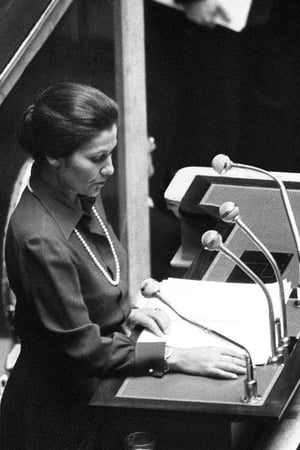 0.0
0.0Simone Veil, une loi au nom des femmes(fr)
The debate in France about the abortion laws in 1974.
 8.0
8.0Jane Birkin: Simply an Icon(fr)
A kaleidoscopic portrait of the English actress and singer Jane Birkin, heroine of pop culture.
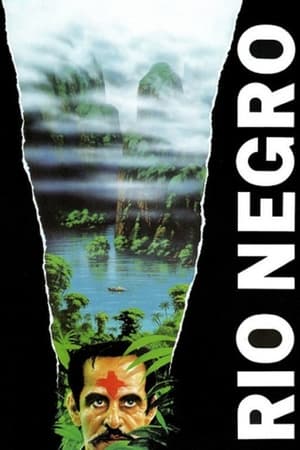 5.7
5.7Black River(es)
Río Negro is the struggle of two men, Osuna and Funes, hungry for power and wealth in a small town in Venezuela, during the dictatorship of Juan Vicente Gómez
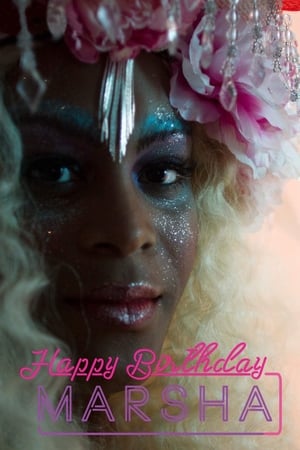 1.0
1.0Happy Birthday, Marsha!(en)
It's a hot summer day in June, 1969. Marsha throws herself a birthday party and dreams of performing at a club in town, but no one shows up. Sylvia, Marsha’s best friend, distraught from an unsuccessful introduction between her lover and her family, gets so stoned she forgets about the party. Marsha, Sylvia, and friends eventually meet at the Stonewall Inn to celebrate Marsha's birth. When the police arrive to raid the bar, Marsha and Sylvia are among the first to fight back.
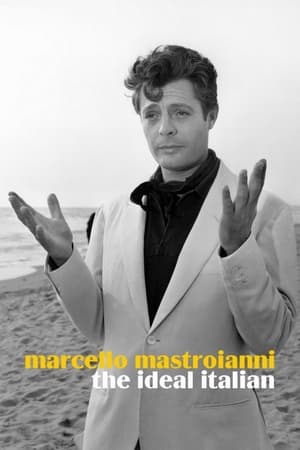 6.6
6.6Marcello Mastroianni, the Ideal Italian(fr)
A portrait of the mythical Italian actor Marcello Mastroianni (1924-96), a unique performer who was one of the kings of European cinema.
 7.4
7.4Hitler and the Apostles of Evil(fr)
This portrait that goes against the grain depicts the Führer as a lazy, isolated leader, cut off from reality, incapable of governing without his "apostles". They are Hitler's essential ministers, advisers, rivals, courtiers. They hate each other, and the Führer puts them in competition, often to get the worst out of them. The portraits of Hermann Goering, Heinrich Himmler, Joseph Goebbels, Albert Speer but also Rudolf Hoess, the commandant of the Auschwitz-Birkenau camp, and Doctor Joseph Mengele trace the rivalries, hatreds and predations that punctuate the entire frightening epic of Nazism. This documentary is composed of a selection of archive images and testimonies from descendants and specialists of this period.
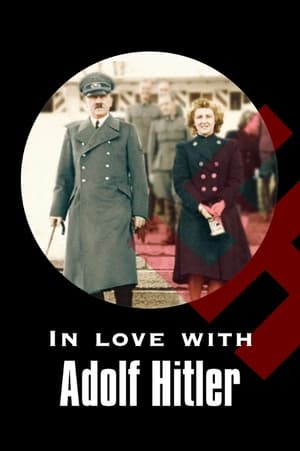 6.1
6.1In Love with Adolf Hitler(fr)
This film captures the affair, full of love, lust, and despair, between Adolf Hitler and Eva Braun, from 1932 until their double suicide in 1945.